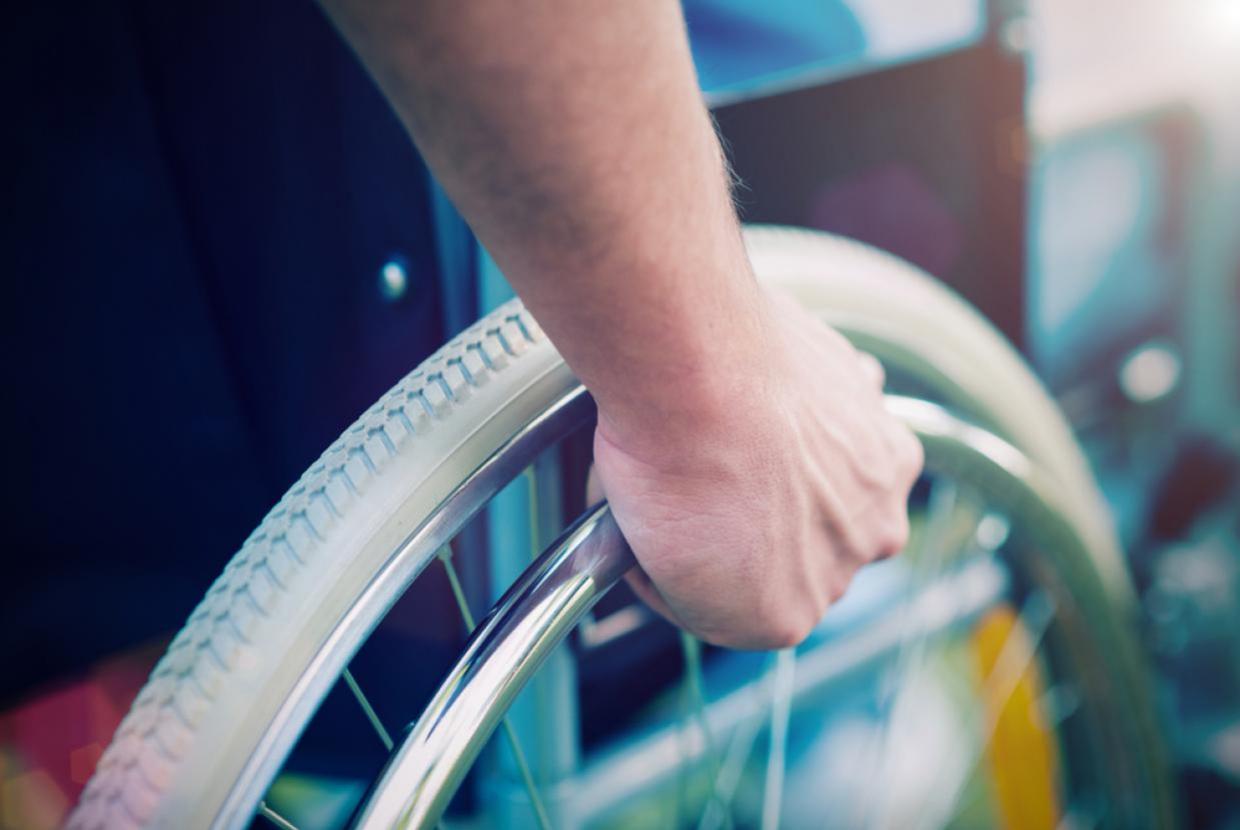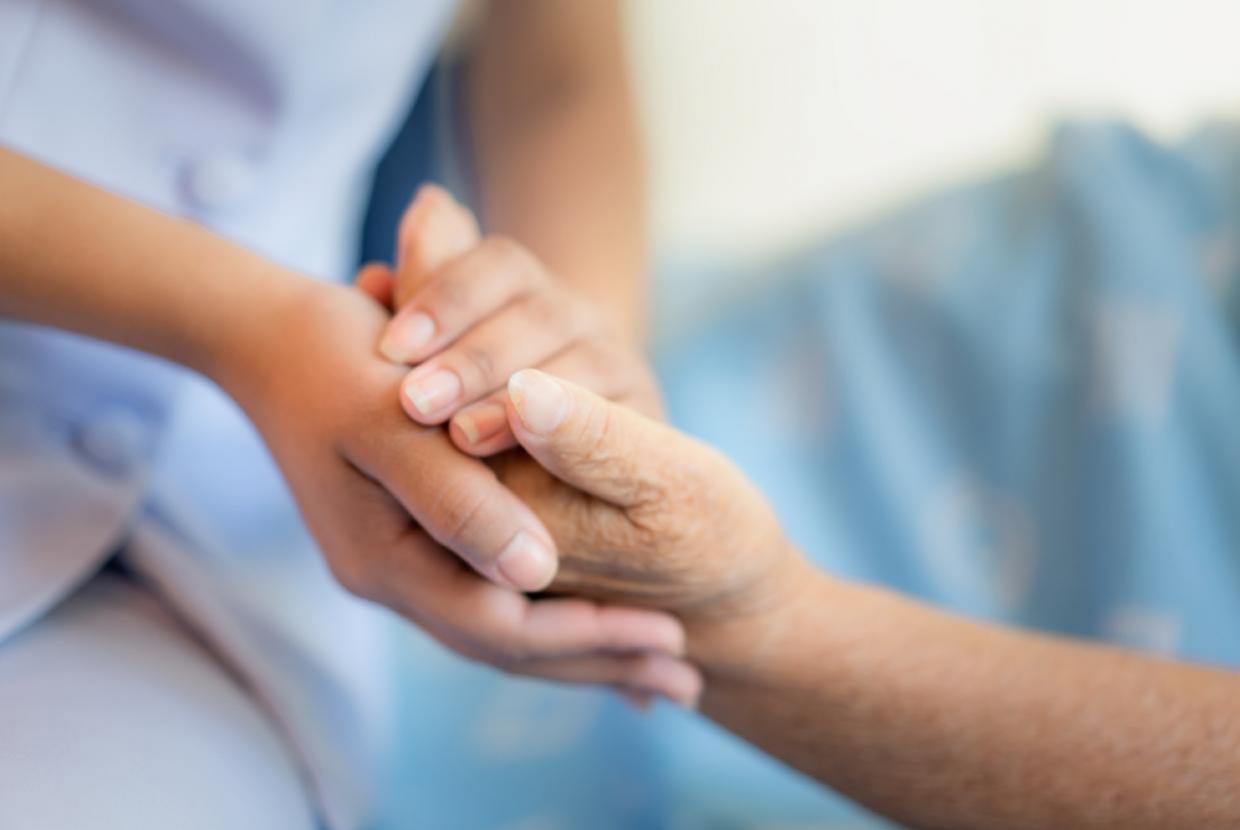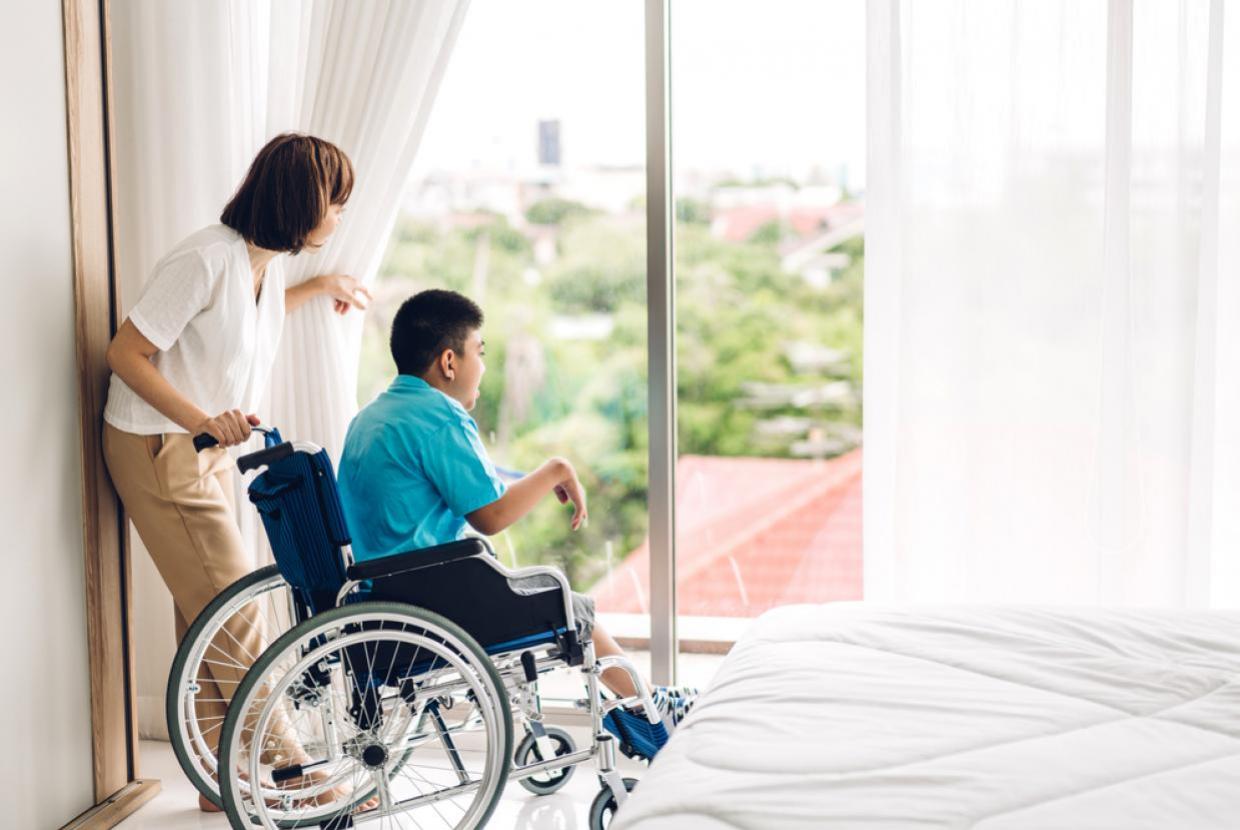Financial Support For Young Carers
Looking after a family member who has a disability, illness, mental health condition, or drug or alcohol problem can be a huge commitment. Fortunately, there’s financial support available, and support services to help share the load.
What tasks do young carers do?
You might find yourself helping a family member by:
- carrying out tasks around the home, such as cleaning
- cooking meals
- helping with physical tasks, such as moving around, bathing or getting dressed in the morning.
That can be difficult enough. But you might also find yourself managing your family’s money, or having to give up college or university to pay for the care they need.
What financial support is available for young carers?
The government offers a kind of financial support for all carers including young carers called Carer's Allowance in England, Wales and Northern Ireland and Carer Support Payment in Scotland.
Carer's Allowance
Carer’s Allowance is paid at a standard rate of £83.30 (2025/26) a week. It is called Carer Support Payment in Scotland.
You're entitled to Carer’s Allowance if:
- you’re aged 16 or over
- you satisfy UK presence and residence rules
- you spend at least 35 hours a week caring for someone
- you aren’t in either full-time education or earning more than £196 (2025/26) a week net after paying tax, National Insurance and certain other deductions.
Carer’s Support Payment and Carer’s Allowance Supplement in Scotland
If you live in Scotland, you must apply for Carer Support Payment instead of Carer’s Allowance. This is paid at a standard rate of £83.30 (2025/26) per week.
Find out more about applying for Carer Support Payment on mygov.scot.
Carers in Scotland also get two supplementary payments, usually in June and December. In 2025/26 these payments will be £293.50 each.
Carer element of Universal Credit
The carer element of Universal Credit is an extra payment of up to £46.40 (2025/26) a week.
If you already get the carer element of Universal Credit, it’s important to let the relevant benefits office know that you’ve also been awarded Carer’s Allowance.
You’ll find their contact details on any letters they’ve sent you.
If you have only just heard about the carer element of Universal Credit and already get Carer’s Allowance, benefit payments can sometimes be backdated.
If you’re entitled to Carer’s Allowance you might also be able to use it to support a claim for a Council tax discount. Find out more in our guide Benefits to help with your disability or care needs.
Young Carer Grant (Scotland only)
If you live in Scotland you might be able to get an extra yearly payment of £390.25 (2025/26) if:
- you’re aged between 16 and 18
- care for between one and three people for an average of 16 hours a week, and have been for at least the past three months.
Other types of support for young carers
There are lots of other types of financial and practical support available to young carers. But you’ll need to have a carer’s assessment first.
This is a chance for you to chat with a social worker and tell them what help you need with your caring.
If you’re under 16, you can ask for a carer’s assessment the next time the person you’re looking after is having their own assessment.
If you’re over 16, you can ask your local council to carry out an assessment at any time.
How to apply for a carer’s assessment
If you’re in England, Wales or Scotland, you’ll need to speak to the social services department of the local council responsible for the person you’re caring for.
If you’re in Northern Ireland, you’ll need to speak to the Health and Social Care Trust of the person you’re caring for.
Who else can help?
It’s not easy being a young carer – and money is only one of the challenges. There might be other sources of financial help available from charitable funds.
The Carers Trust might be able to put you in touch with one of these organisations.
f you feel your role as a carer is affecting your education and schoolwork, or if it’s making you feel anxious or upset, it’s important to talk to someone about it.
There are plenty of people who’ll be more than happy to listen and help you cope with the responsibilities of being a young carer.
You could start close to home, with a relative or friend who already knows your situation, or even your local doctor.
Then there are organisations that have been set up to offer advice and support to young people, such as:
- National Careers Service
- Skills Development Scotland
- Citizens Advice


















